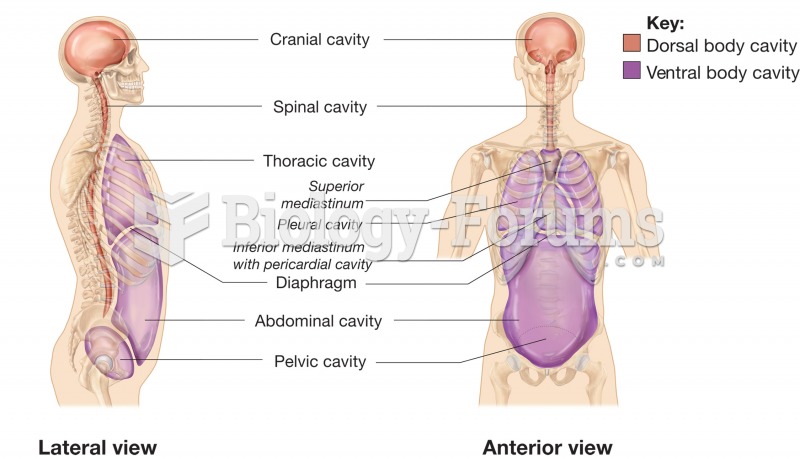Answer to Question 1
An ideal response will:
1, Define body watch as a focus on the most visible layer of the president's personal and official activities (e.g., providing a step-by-step account of a single incident rather than comprehensive, in-depth coverage of the overall situation). Explain how this results in news coverage that oversimplifies complex issues.
2,Discuss the disadvantages the president has when dealing with the press. Media coverage does not allow time for reflection and analysis, and tends to present a biased, distorted, and often negative view of presidential activities.
3, Note that the president has some advantages in dealing with the press: the White House largely controls the environment in which the president meets the press, and the press tends to portray the president with dignity and treat him or her with deference.
Answer to Question 2
An ideal response will:
1, Correctly note the relationship between each of the demographic characteristics and voter turnout. Specifically, voter turnout increases as age and education increase. Minorities are less likely than whites to vote. Men are slightly less likely than women to vote. Those who are married or work for the government are more likely to vote.
2, Explain why three of these demographic characteristics have the observed effect on voter turnout. For example, older Americans are more likely to vote because they are more likely to follow politics and more likely to be registered to vote. Better educated citizens are more likely to vote because they are better able to distinguish differences between the candidates and to navigate the bureaucratic hurdles associated with registering to vote. Married citizens are more likely to vote because they are more closely tied to their communities. Government employees are more likely to vote because their livelihood is tied to the government and they better understand how government works. While the textbook does not explain why minorities and men are less likely to vote, students may nonetheless provide reasonable explanations for this observed relationship.







